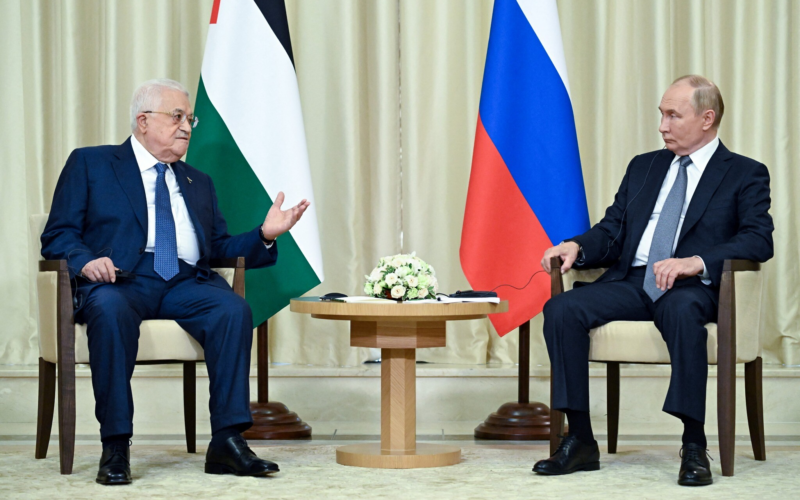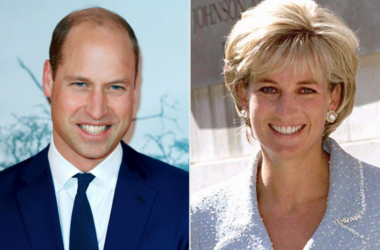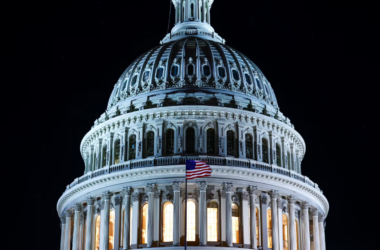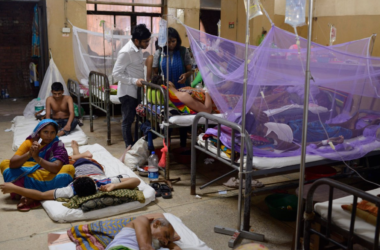In a recent meeting with Palestinian President Mahmoud Abbas, Russian President Vladimir Putin voiced strong support for the Palestinian cause, expressing deep sorrow over the ongoing suffering in Palestine. Despite the challenges posed by Russia’s own conflict in Ukraine, Putin emphasized that Moscow remains deeply engaged with developments in the Middle East and stands firmly by the Palestinian people’s right to establish an independent state.
During the talks, Putin conveyed Russia’s acute awareness of the “humanitarian catastrophe” unfolding in Palestine, particularly in light of the devastating toll from the ongoing Gaza conflict. He acknowledged the nearly 40,000 Palestinian lives lost in the conflict since the October 7th attack by Hamas on Israel, which led to severe Israeli retaliation.
Putin’s remarks also highlighted Russia’s longstanding and balanced relations with both Israel and Palestine. However, his administration has drawn criticism from Israel for its recent interactions with Hamas delegations, a move seen by Moscow as part of its broader commitment to addressing the Palestinian humanitarian crisis. Putin has repeatedly underscored the suffering of Palestinian children, noting the emotional impact it has on the global community.
President Abbas, in response, expressed his gratitude towards Russia, describing the country as one of the “dearest friends” to the Palestinian people. Abbas emphasized the importance of Russia’s role on the international stage, particularly at the United Nations Security Council, where Russia holds veto power. He urged Russia to help curb Israel’s actions in the occupied Palestinian territories, echoing recent rulings by international courts that deemed Israeli settlements illegal.
Russia’s role in the Middle East has been shaped by its consistent support for Palestinian statehood and its critical stance towards what it perceives as the failures of U.S. policy in the region. While Putin did not unveil any new diplomatic initiatives, he reaffirmed Russia’s commitment to providing humanitarian aid to Palestine and supporting the Palestinians’ aspirations for statehood.
Moreover, Russia’s relationship with Iran has deepened since the onset of the Ukraine war, further complicating its role in Middle Eastern geopolitics. Despite this, Putin has reportedly urged Tehran to exercise restraint, particularly following the assassination of a Hamas leader in Tehran, to avoid further escalation of violence against Israeli civilians.
In a world increasingly divided by global conflicts, Russia’s alignment with the Palestinian cause, coupled with its strategic ties in the region, underscores its ambition to position itself as a key player in Middle Eastern affairs, while challenging the dominance of Western narratives and policies.







